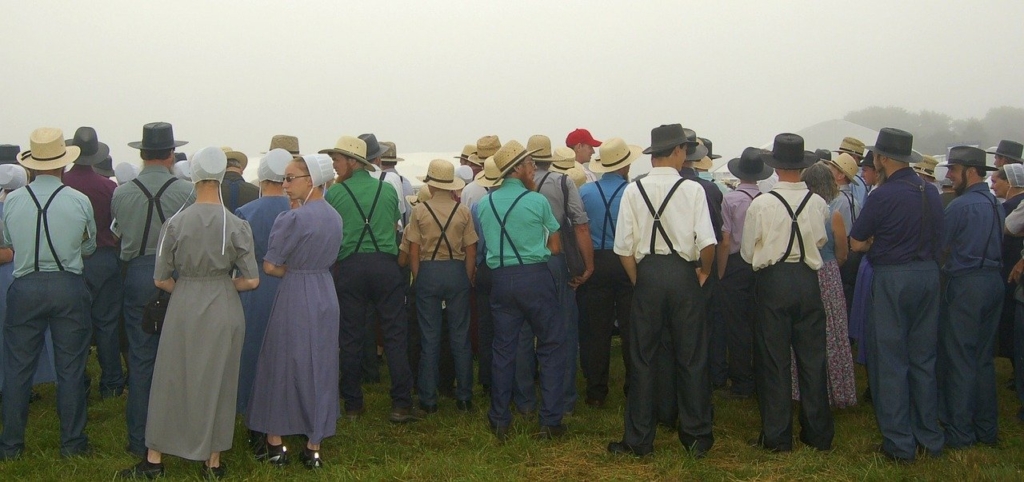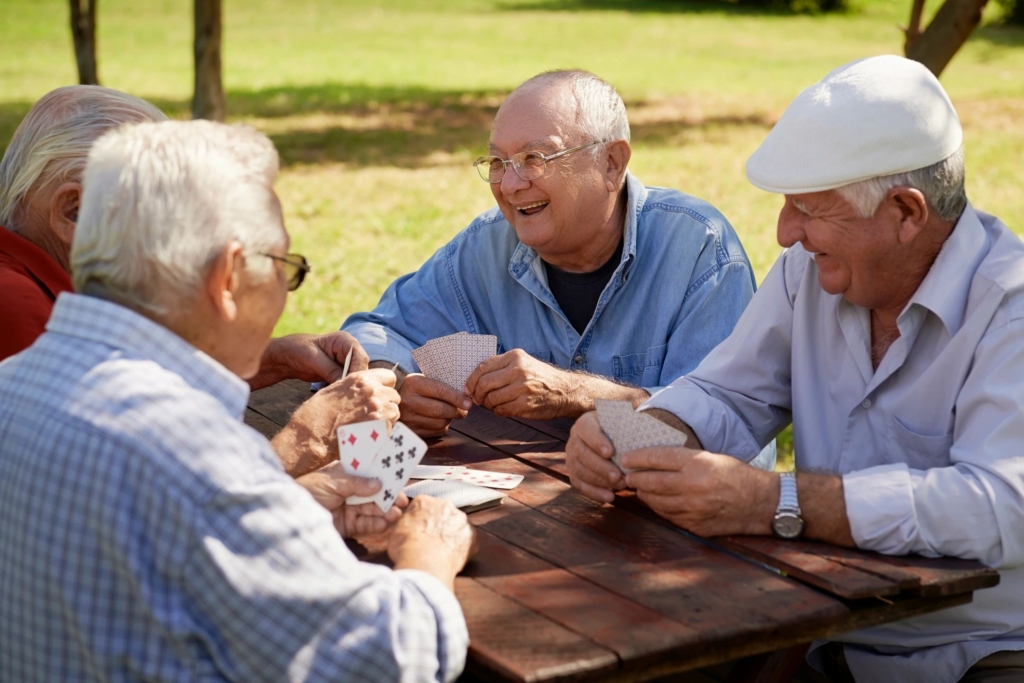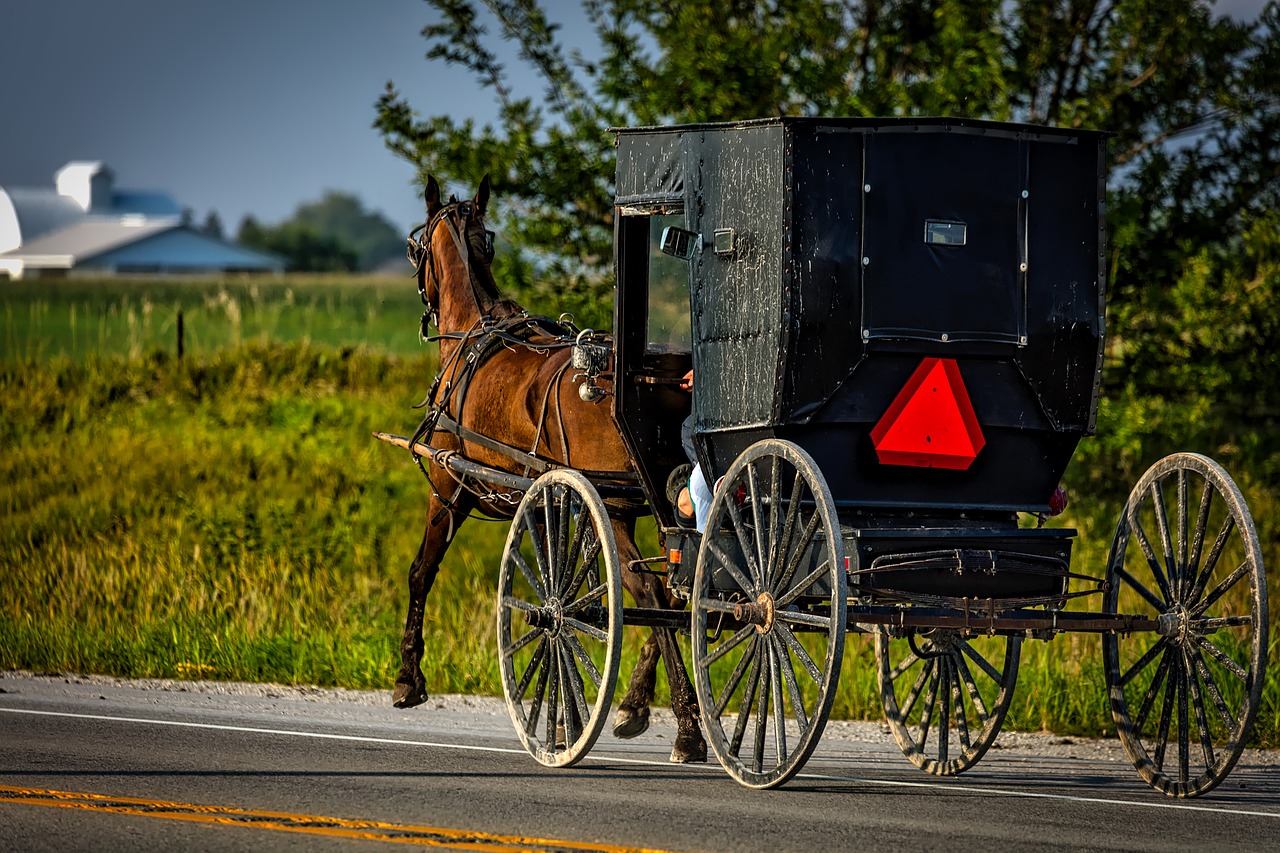One thing we can say about changes in our senior care shows our friends and family living in isolation at times. Before we continue, I want to say “kudos” to the facilities that have come up with creative out of the box ways to keep their residents connected and less lonely during these times of isolation. We will discuss that a bit later on in this blog post.
It has been a challenging time placing patients in nursing homes when they have to be isolated in their rooms for days until their “quarantine” period is over. They eat alone, they don’t come out of their room and the isolation is real. Families can’t come and visit, and the list goes on and on. We have been in unprecedented times, and no one is sure what the right course should be. The isolation however is real. This plays a huge toll on the mental health and resilience of the residents. Some just gave up others fought. What we needed to do was not working. Off and on facilities are shut down with new “breakouts” or shutting down wings due to lack of staff out ill or have quit. This reduces their bed capacity and so they can take less and less new residents. It is a vicious cycle that we all hope is coming to an end soon. In our state, the National Guard has been called in to be trained as C.N.A.s (Certified Nursing Assistants) to assist nurses in caring for residents in nursing homes.

We live in a very rural area of Southwest Wisconsin home to about 4,000 Amish Community members. 3 of our 4 sides of our home have Amish families as our closest neighbors. Our closest Amish neighbor is at the end of our almost ½ mile driveway. During my time as a Hospice nurse and having a reputation of being a “nurse” has led me to be invited into many Amish homes while requesting my nursing assistance. I have had a couple of Amish Hospice patients and have helped sick and injured children. I never know when a horse and buggy will come down our driveway and someone is in need of help.
We have an “English” clinic near us that is devoted to the Amish and Plains Community and is involved in a joint project with 2 University hospitals in Pennsylvania and Wisconsin to research genetic disorders among the Plains Community. (Amish, Mennonite, etc.) I want to share some of their philosophies and see what we can learn when it comes to taking care of our own.
The Amish Community is self-contained. Yes, they use us (English) to give them rides or transport livestock, or to go pick-up the mid-wife because it is time for a baby to come and they are in a hurry to get her there. Many English feel that they can be hypocritical because it seems that often times, they have things “both ways”. They live simply and without modern conveniences but on the other hand they will use ours when it serves their purpose.
Regardless of how you feel about their way of life I have found there a few lessons we can learn from their ways and beliefs.
The best way to share these lessons is to tell the story of one of my Amish Hospice patients. Sarah was in her mid-forties. Her husband the same and both suffered from illnesses. Sarah had a brain tumor. Joshua has Multiple Sclerosis and was wheelchair bound. I witnessed several accounts of “holistic” treatments including gradual increases of hydrogen peroxide put in orange juice until both of them began vomiting after drinking the juice. Other family members had this treatment stopped. I watch “electro” therapy and that didn’t work. I was seen as an outsider but over time I got more and more answers to my questions about their way of life.

The biggest lesson we can learn is how they care for each other. There are no nursing homes or assisted living facilities for the Amish. They stay in their homes until they pass. They have a spiritual leader as well as a governing leader called the Bishop. There are elders that also help in the decision-making process. When Sarah declined to the point where she could not care for herself, her family, and her husband, the Community stepped in. Two women were “assigned” from the Community to come every day seven days per week. Together they would manage the household chores, cooking, and care for Sarah, Joshua and their children. Their oldest daughter would also help. When Sarah declined so much that she couldn’t get out of bed the family decision makers did allow for Sarah to use medication. We gave her Dexamethasone to help the brain swelling and soon she was up and doing much better. The trust began to build after that and I was more accepted into the inner workings of their family.
No one questioned their assignment to care for this family. It was an expectation. It was done willingly and without complaint. The men went off to work or tended to the farming and the women took care of the home, Sarah and Joshua.
I know I am treading on thin ice here as an independent American woman. I spent several years as a single mom of 4. I am not the one running around the house with my apron on I guarantee you! The Standard American Life unfortunately does not lend itself to Amish kind of lifestyle. We are often two career families with children with sports, dance, music or other activities that keep us on the go.
What can we learn from the Amish? We can still have the sense of family, responsibility and community. The feeling that we need to care for our own. With our lifestyle it may look more like making sure we have the resources in place to make sure our loved ones are well taken care. The goal would be to spend time as family and not just as “caregivers”. Just like the Amish, they had “outsiders” come in and do the work while the family was able to spend time with Sarah and Joshua. This included reading the Bible to them, singing hymns, and helping them write letters all the while making memories. Your choice of activities to do with our loved ones may be different but you get my drift.

To bring this conversation full circle, I want to talk about how we can make a difference for our elders living outside of their homes. One thing you can do especially if you don’t live close to your loved one is hiring a patient advocate. This takes the burden off of you and your family. Having a qualified person to coordinate cares and health care needs you can be the son or daughter or other family member with your time spent making memories instead of providing cares.
Our goal with our directory is to provide you with all the resources possible. To help you bridge the gap between providing care and just being you. Our goal is to get you the peace of mind that all is well no matter where you live. You can join our email list here to learn more about out resource listings.
At the start of this conversation, we mentioned some residential facilities that are making great strides in closing the isolation gap. We will go into more detail in a future post. However, I wanted to take the time to recognize those organizations that are coming up with creative ways to reduce the isolation. There are facilities and organization out there that have coordinated pen pal programs as well as “phone pal” programs. What a great way to connect our seniors. Real people willing to share their time with them either via a phone call or a letter. This is an awesome way to help them feel connected. We are social beings and not meant to be alone or isolated. We thrive on human contact and community. Ours may look a little different from the Amish but we need to find ways to bring people together especially in the times we are living in.
To learn more about Patient Advocate Match or to stay connected with us and what new resources we are sharing feel free to get on our “Up to Date” list. We will stay in touch with what we are doing to bring you more great resources and education to help you care for your aging parent or spouse as well as your special needs child.
You can join us HERE.
Until next time take care and talk to you soon,
Pam
Patient Advocate Match
“Matching the Right Resources for the Right Reasons”
For more information on the struggles of our Seniors and isolation you can read further:
https://www.aarp.org/caregiving/health/info-2020/covid-isolation-killing-nursing-home-residents.html



Very interesting article! We don’t know what we would have done if we didn’t have you to help us thru. (7 months ago today since Frank passed)
Seems like yesterday!
thank you so much!!
Wow! Thank you! I always needed to write on my site something like that. Can I include a portion of your post to my blog?
Sure, as long as you include a link back to my blog post at the end of your post would be fine. If you have other questions, I would be happy to answer them for you.
Pam